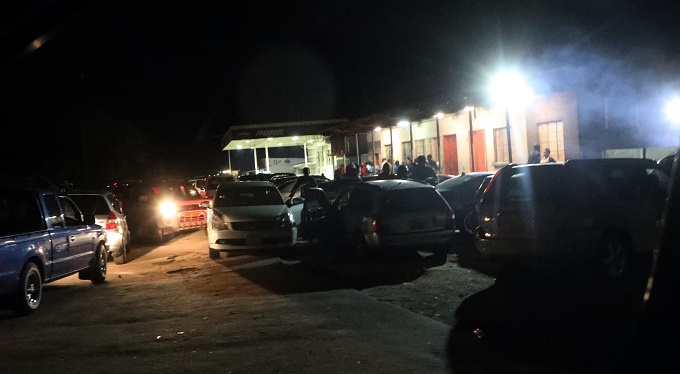Delta raises caution on beverages supply

Oliver Kazunga, Senior Business Reporter
ZIMBABWE’S largest beverages maker, Delta Corporation, says it has not scaled-down operations but supplies would likely go down after Government announced a total lockdown starting today in light of the Covid-19.
Due to the outbreak of Covid-19 in the country, Government has announced emergency precautionary measures with total lockdown for 21 days starting today, 30 March 2020, aimed at preventing the spread of the global pandemic. Among the emergency measures to reduce the spread of the virus, Government has also directed companies to reduce the number of their workforce, as well as maintain hygienic standards through the use of sanitisers.
In an interview, Delta Corporation secretary, Mr Alex Makamure said: “As of now we are running as normal but once the measures for a total lockdown are implemented, we will scale down accordingly.”
Before Government announced a lockdown on Friday, Delta had indicated readiness to operate within set guidelines that required reduced number of workers at the workplaces.
“We have reduced the number of the workforce in our plants. There is also the sanitisation, which we are implementing but there are issues in the environment that are beyond us,” said Mr Makamure.
For example, he said most of their workforce was using public transport and there was a guideline that stipulates the use of public transport. Government has said that during the lockdown public transport will be stopped except for Zupco and Public Service Commission vehicles, while maintaining social distancing.
“So, if we are to implement that then we can’t come to work, which means we have to scale-down our production shifts.
“If you look at what has been gazetted following the President’s announcement of the emergency measures, the first thing was to shut down the places where our products (alcoholic beverages) are consumed,” said Mr Makamure.
“So, you would expect the consumption of alcoholic beverages to go down because you are closing the places where people consume our products. We will respond to that by scaling down our supplies because there won’t be consumption of our products.”
Meanwhile, in the quarter ended September 30, 2019 Delta reported a massive decline in volumes across all its segments as consumers cut spending on less basic commodities on the back of reduced disposable incomes.
Zimbabwe has been grappling with high inflation since the liberalisation of the exchange rate in February last year, but consumer prices somehow cooled in November due to a relative stability of the exchange rate resulting from tight control of broad money supply growth. During the period under review, lager beer volumes declined 48 percent compared to the same period last year, sorghum beer volumes declined by 15 percent, while sparkling beverages were down 56 percent.
Delta said the pricing of lagers was moderated to maintain affordability given the prevailing challenges. The premium category has held its contribution driven by Zambezi lager.
The prices of the major inputs such as maize and imported packaging materials rose ahead of disposable incomes, which put pressure on the sorghum beer prices.
This led to consumers switching to more affordable brands and packs within the category.
Consumer acceptance of the recently launched returnable pack has been encouraging while product supply is constrained by capacity and power supply disruptions. Although sparkling beverages volume recovered in the last quarter on the back of improved product supply and moderated retail pricing, raw material supplies, which are largely imported, remain a challenge, said Delta.
Similarly, the group’s associate entity, Schweppes Holdings Africa, experienced reduced volume performance at 33 percent below prior year, which was a result of limited foreign currency supply for packaging material and reduced demand due to higher pricing.
During the period under review, Delta’s revenue slightly dropped by two percent to $1,5 billion earnings before interest and tax increased by 53 percent to $464 million driven by replacement cost pricing in response to inflationary pressures.
The group said that overheads have remained under control in spite of the foreign exchange induced cost escalations. — @okazunga











Comments